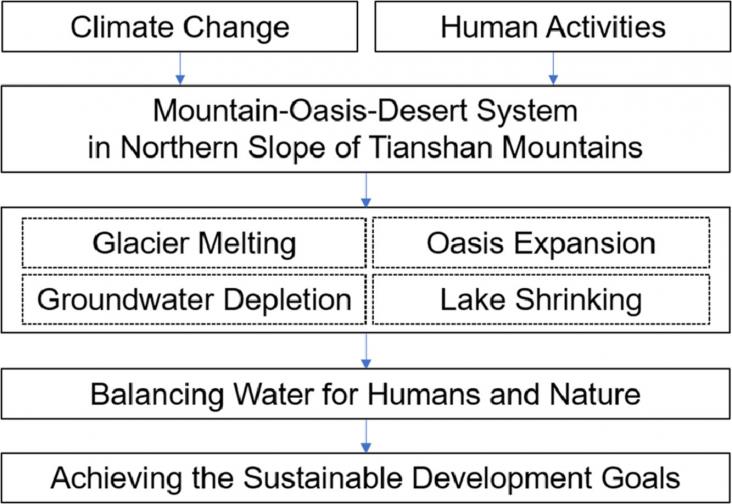In response to the COVID-19 pandemic, several international initiatives have been developed to strengthen and reform the global architecture for pandemic preparedness and response, including proposals
This chapter advances the UN SDG goals 3 and 17 presenting the current mouse models to studying AD.
This chapter advances the UN SDG goals 3 and 17 by presenting how studying zebrafish and behavioral models and molecular markers in the study of AD.
This chapter details how global educational philanthropy contributes to worsening rather than ameliorating dire public problems.
The essay reviews important trends and issues in the scholarship on NGOs and discusses transformations in the NGO sector that need further research and analysis.

The study shows that, despite most of the professional groups’ high level of knowledge about the study object and their high awareness of the importance of the vaccine as a preventive tool, the role of the healthcare workers as transmitters of infection is less recognised as a reason for vaccination.
Elsevier,
Oxidative Stress: Its Mechanisms and Impacts on Human Health and Disease Onset, 2023, Pages 291-297
This chapter advances the UN SDG goal 3 and 17 by discussing how Alzheimer's disease risk factors, as well as the mechanism for onset and progression, are related to elevated oxidative stress.
This article introduces the concept of blue economy and how such a framework can help to improve sustainable development of oceans.
This study reveals that climate change reduces the variety of wetland ecosystem services and increases socio-economic vulnerability and economic stress.

Climate change is threatening water security in the Northern Slope of Tianshan Mountains, where rapid urban growth is increasing water demand. This study examines changes in temperature, glacier melt, and water use over the past 40 years, highlighting the need for effective water management to ensure a sustainable supply for both people and the environment.
